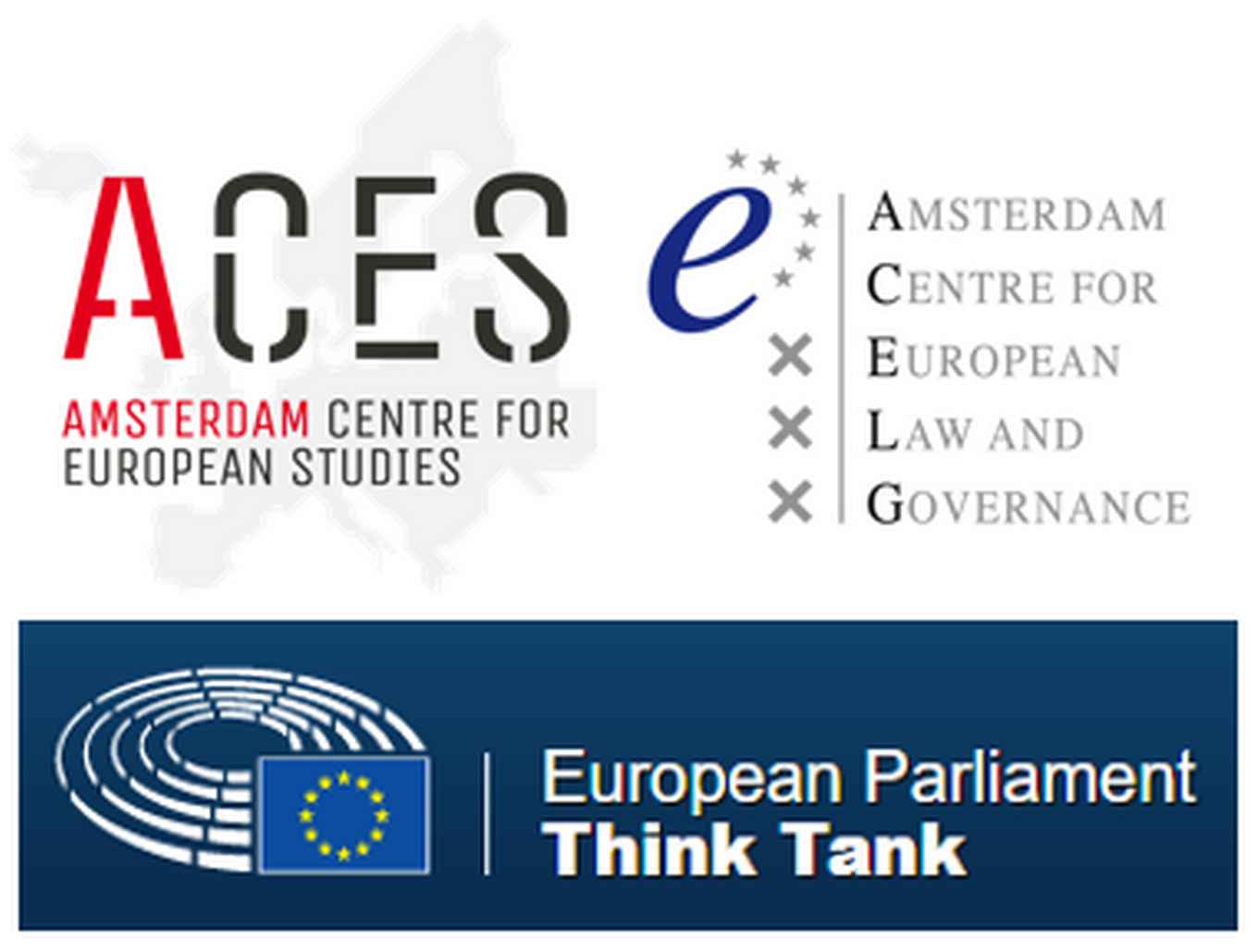Accountability of Single Supervisory Mechanism and Single Resolution Board in the European Banking Union
Recommendations to the European Parliament Think Tank by Jonathan Zeitlin & Filipe Brito Bastos
26 May 2020

The paper distinguishes two contrasting models of accountability, one based on principal-agent relations, which is backward-looking, the other a dynamic and forward-looking model. The paper argues that this second model of accountability is more appropriate for independent bodies like the ECB/SSM and the SRB, operating in technically complex, rapidly evolving environments under conditions of high uncertainty, where parliaments and other political authorities have very limited sanctioning powers. It then goes on to review the nature and effectiveness of three main forms of accountability as applied to these institutions – administrative, judicial, and political – together with the contribution of external review bodies, such as the European Court of Auditors and the European Ombudsman, to their accountability at European level.
Following the dynamic, forward-looking approach advocated above, the paper argues that the best way to improve the accountability of the SSM and the SRB is to request the ECB/SSM and SRB to make the findings of their internal quality assurance and review bodies publicly available (subject to constraints on professional secrecy) and for the EP to use these findings to scrutinize and stimulate public debate about the operations and effectiveness of the two institutions.